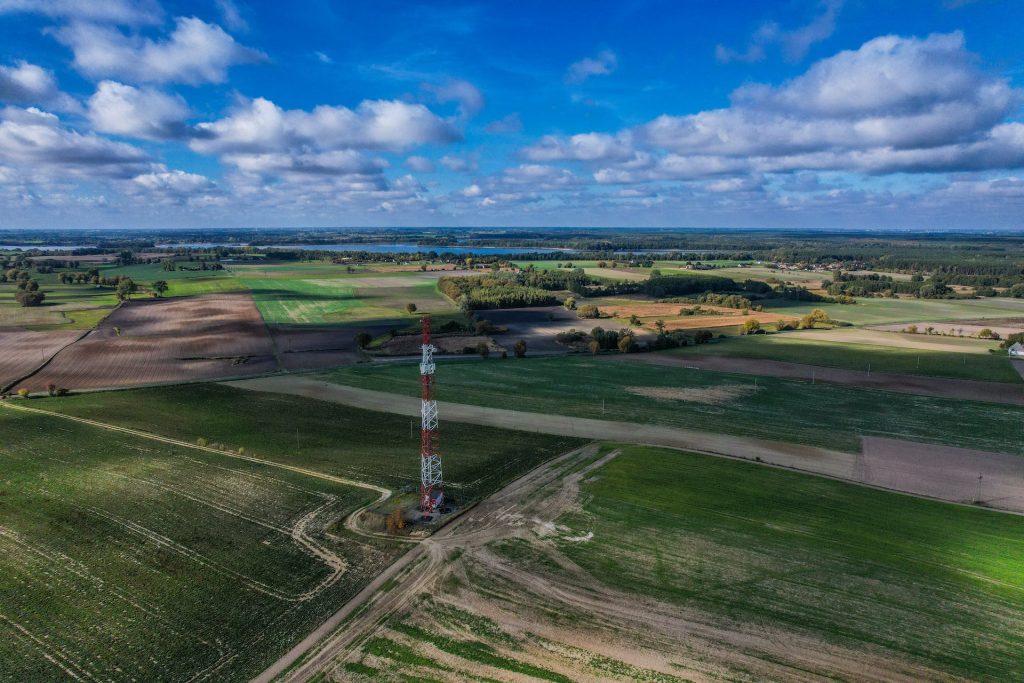On any given day, the electric power industry’s operations are complex and their responsibilities vast. As the industry continues to play a critical role in efficiently and cost effectively supporting global climate goal challenges, it must simultaneously support demand increases, surges in smart appliance adoption, and decentralised operating system expansions. These aspects just scratches the surface.
The role of the power grid operator is to monitor the electricity network 24 hours per day, 365 days per year. As a larger number of lower capacity systems (such as renewable energy systems) come online and advanced network components are integrated into the grid, generation, optimisation and monitoring become exponentially more complex, decentralised and variable.
Electric utilities collect millions of images of their transmission and distribution (T&D) infrastructure to assess equipment health and support reliability investments. However, the ability to collect imagery has outpaced utility staff’s ability to analyse and evaluate them.
On the generation side, operators are being increasingly pressured by market changes to decrease operations and maintenance costs (O&M) while maintaining, and if possible, increasing production revenue.
So how best to manage these current and future challenges? The solution may lie within another technology sector: artificial intelligence.
Matching Challenges with AI Solutions
Artificial Intelligence (AI) is about to trigger explosive changes in our lives, work, leisure and societies in general, but few understand what these technologies can do beyond Amazon’s Alexa or Apple’s Siri. In the data-driven energy sector, sophisticated machine learning is paving the way for AI to improve efficiency, optimisation, forecasting, trading, and monitoring.
Here are just a few examples of how Artificial Intelligence can help the energy sector to address its numerous challenges.
1. Intelligent Power Consumption
Nearly half of power users in the United States have electrical smart meters, providing data about household energy consumption to inform consumer and operators about energy usage.
Next generation AI enabled smart meters and smart home solutions are not yet widespread but represent a potential boom to end-user efficiency gains. These energy monitoring devices may communicate with other household devices, saving owners money by reducing energy waste. Such examples include devices controlling air conditioning systems, advising about the best time to charge electric cars during hours with lower electric costs, controlling lighting, and managing appliances’ energy consumption.
2. Autonomous Robotics
For the electricity sector, one other notable application of AI technology is the creation of autonomous robots which can replace humans in otherwise dangerous situations. These self-driving unmanned machines can survey high-voltage power lines on land or patrol the seafloor for valuable resources, logging and reporting their locations for future extraction without risking human lives.
3. Intelligent Energy Storage
Artificial intelligence can also improve existing energy storage technology by making it easier to integrate distinct technologies, including renewable-powered micro-grids, utility-scale battery storage, pumped hydro, and more. The role of energy storage in modern grids is growing rapidly along with the proliferation of intermittent power sources like wind and solar which put a higher strain on power brokers to balance supply and demand.
Time is Now to Accelerate Adoption of AI Technologies
Now there’s a new layer to consider: the increasing urgency to protect against threats to our energy infrastructure, recently heightened following the May cyber attack on one of the U.S.’s largest fuel pipelines.
As physical threats to energy grids increase, connecting measures to ensure grid readiness, energy security, and resilience becomes critical. Adding on the pressures of electrification, decentralisation, sustainability and cyber attacks, the demand grows for even more adaptive technologies to forecast, monitor, and optimise resources while mitigating risks and reducing threats and vulnerabilities. And this is where AI can help substantially.
Ultimately, the convergence of AI in the energy sector will have dramatic and positive impacts on global consumption, energy costs and long-term sustainability.





